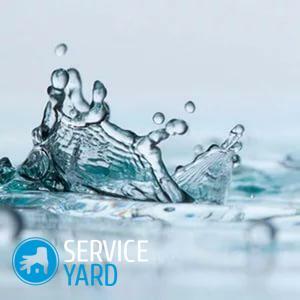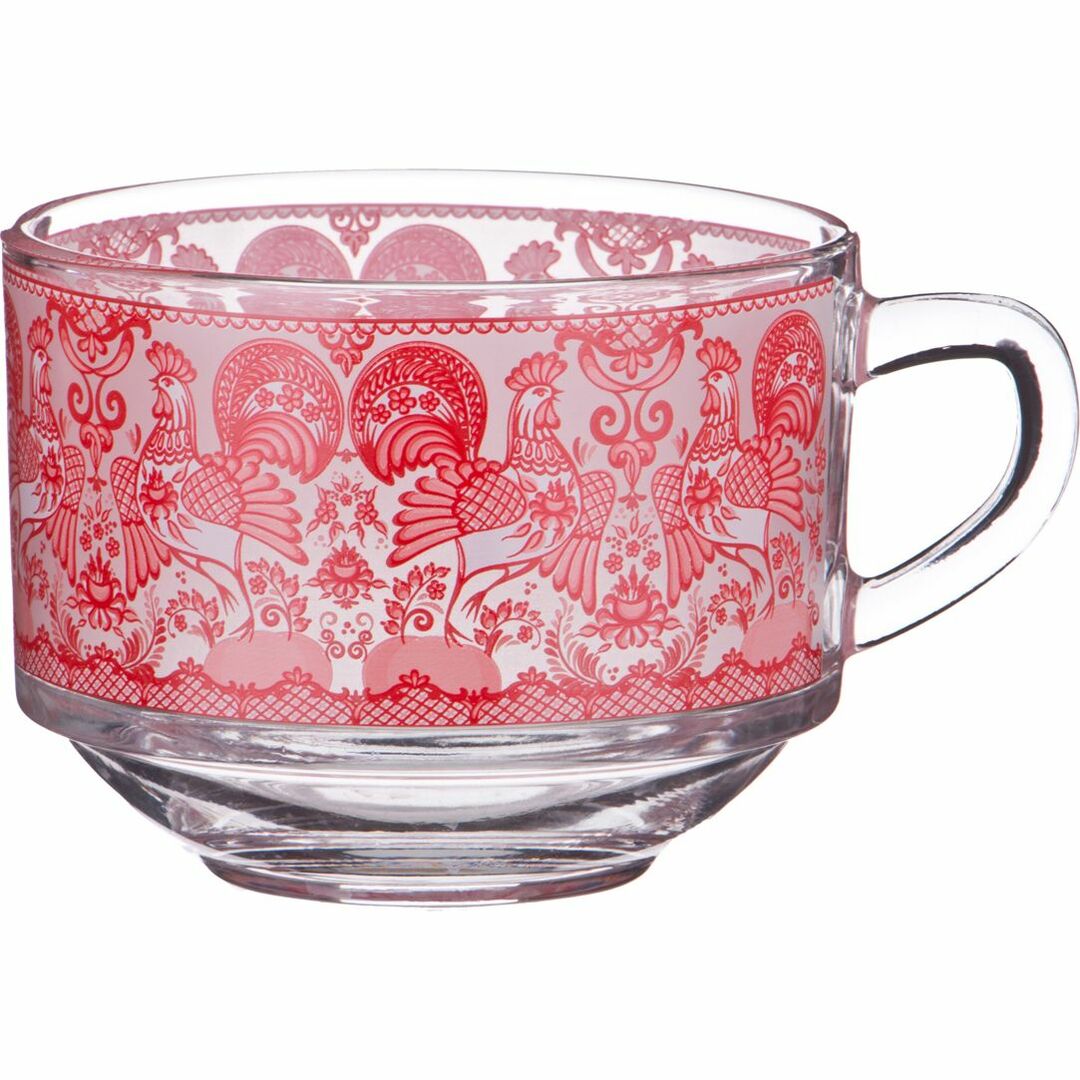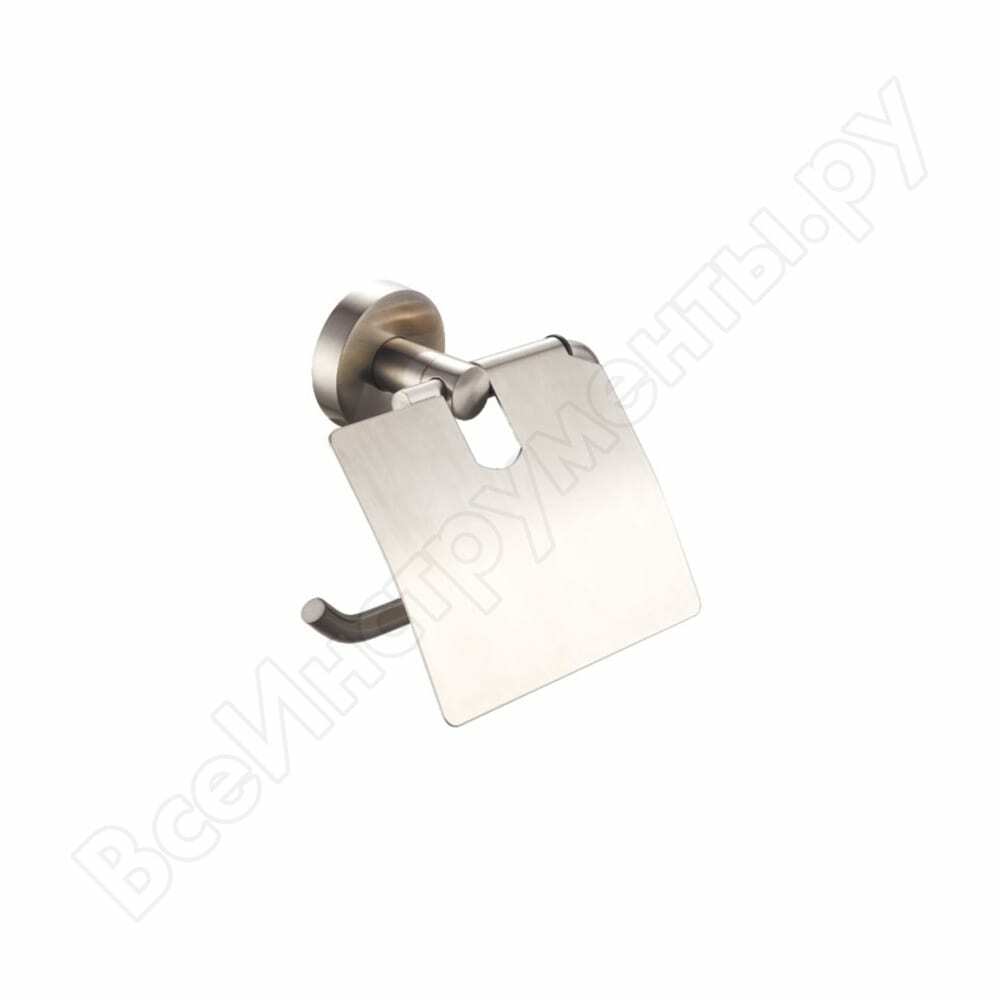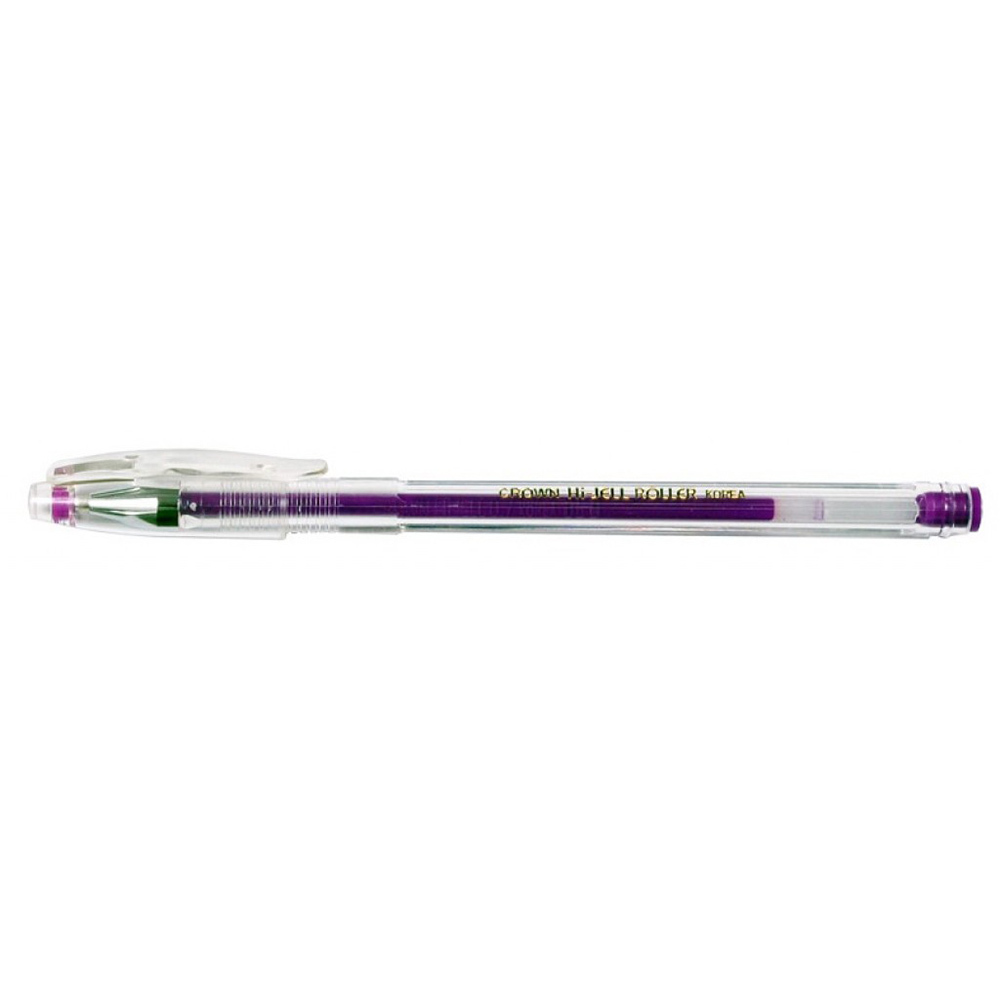
- What is hard water?
- Rigidity stiffness strife
- Is it worth fighting against this phenomenon?
- Optimal water hardness
- How to determine the hardness of water at home?
- How to soften hard water?
- What is harmful for hard water for health?
- How is soft water useful?
Water is the main source of health, life and energy. It helps make life more pure and beautiful. That is why it is so important to use only quality water. Rigid water leads to the formation of scale on TENe household water heater, kettle, dishwasher and washing machine, so you can only guess what happens in the human body after drinking such water. In this article, we will look at how to determine the hardness of the water from the tap and how the water softens.
to the contents ↑What is hard water?
The presence of an increased content of magnesium and calcium ions characterizes the hardness of water. In everyday life, the term "hard water" was often used. This concept is applicable to water, in which it is very difficult to wash clothes qualitatively.
Important! Deposits of limestone, gypsum and dolomite, destroyed by natural waters are the main source of magnesium and calcium salts:
- Water with a low degree of mineralization contains a large number of calcium ions.
- In mineralized waters, the presence of magnesium ions is 1-2 grams per liter. Saline waters are characterized by the presence of 10-11 grams per liter.
Rigidity stiffness of strands
There are two types of hard water:
- Constant or non-carbonate hardness of water, which is determined by the presence in it of various additional chemical constituents. Silicates, phosphates, chlorides, nitrates and sulfates of calcium, magnesium do not split in the process of boiling, but are constantly present in water.
- Temporary or carbonate hardness of water - characterized by the presence of calcium and magnesium hydrogen carbonates. The reaction of water heating is accompanied by the decomposition of chemical elements. As a result of this reaction, calcium carbonate and magnesium hydroxide precipitate and carbonic acid is formed, so water softening is necessary.
Is it worth fighting against such a phenomenon?
Hard water leads to many household problems:
- Pipes, water heaters and household appliances are covered with sedimentary layers, which leads to serious damage to household appliances and their premature failure or decrease in efficiency, increase energy consumption.
- Sanitary equipment and mixers over time are susceptible to sediment accumulation.
- In the process of heating, a white coating forms on the electric kettles.
- Used detergents and soap in hard water are very poorly washed, which reduces the efficiency of the washing process.
- Clothing washed in hard water, loses its color range, and also reduces the period of wearing things.
Important! The hardness of the water is affected by the composition of the soil and the geographical location of residence, since the presence of a high content of limestone rocks in the land contributes to a more severe state of water in this or that region.
to content ↑Optimum water hardness
The stiffness concentration is measured in moles per cubic meter( mole / m3), but other calculus systems, milligrams equivalent per liter( mgEq / L) and degrees of stiffness, are also widely used.
Depending on the hardness, water can be:
- Soft - concentration from 0 to 2 ° F.This characteristic is inherent in swampy terrain with peatlands, since during the passage of water through peat a process of purification and softening takes place. Melt water also belongs to this category. In this case, special softening of the water is not required.
- Average - indicators from 2.1 to 7 ° F.This concentration is inherent in ordinary tap water. This indicator is considered to be the norm and should not be exceeded, otherwise - the sewage pipes will very quickly cover themselves with plaque and will become unusable. For medium hardness, it is still recommended to use a water softener.
- Rigid - concentration from 7 to 10 ° F.In such water there is a huge amount of magnesium and calcium salts. This dose is considered harmful and dangerous for people, so it's worth to be very careful with hard water.
- Ultra-rigid - occurs only in natural conditions, and the index can exceed even 80 ° F.Such water is definitely contraindicated for internal use.
Important! The optimum stiffness is 1-2 ° F, but the concentration should not exceed 7 ° F - this is the extreme value of the indicator, which is not recommended to exceed. Thus, you need to use water of soft and medium hardness, so as not to harm the body.
to Contents ↑How to determine water hardness at home?
There are several ways to determine the stiffness at home to understand if water softening in your home needs to be done at all.
Method 1
The simplest and most affordable way to check the stiffness of tap water is using soap or detergent. Hard water does not allow the soap to foam, and soap, used in soft water, gives too much foam.
Important! This method gives a superficial picture of the state of water.
Method 2
The increased content of magnesium and calcium salts causes a bitter taste of water. Some people have very good taste buds, and they can very easily recognize hard water.
Method 3
The use of hard water during boiling leads to the formation of a persistent coating on the walls of the kettle. When the carbonate water is heated, a chemical reaction of the decomposition of the compound takes place with the precipitation of the insoluble precipitate. A further heating procedure results in the adherence of these particles to the walls of the pipes or vessels to form a scale.
Such deposits lead not only to damage to household washing machines and dishwashers, but also to a narrowing of the diameter of the heating pipes, which reduces the efficiency of the heating system. According to your own feelings and observations, you can determine whether the work of these items of engineering systems is just as effective or not.
Method 4
Ordinary tea can also serve as an assistant in determining water hardness. The composition of water affects the saturation of the tea drink and at the time of its preparation:
- When using soft water, tea is brewed in 4-6 minutes.
- The use of hard water extends the brewing process to 10 minutes.
In addition, the taste of tea will be completely different. That is why it is worth making water softening, which will improve the taste of tea and save cooking time.
Method 5
If the house has an aquarium, then there is a conductivity meter that helps to know the electrical conductivity of water. The presence of a high degree of conductivity indicates a large number of salts in water, but with the help of such a device it is impossible to immediately measure the water hardness level.
Important! The principle of operation of this conductivity meter is very simple: by removing the safety cap, which closes the electrodes, we immerse it in a reservoir of water. Having determined the readings on the instrument display, the water hardness must be calculated by special formulas and tables.
Method 6
In specialty stores, you can find special express tests to determine the hardness and the need for water softening.
Important! Such indicators are sold in the departments of goods for laboratories, hospitals, schools, universities and pet stores.
Additional observations:
- When using a coffee maker, the filter clogs very quickly - it also indicates the use of hard water.
- The process of extinguishing vegetables in hard water lasts a long time, and if you cook meat, it turns out to be very tough.
How to soften hard water?
There are several ways to help soften water. Consider the most affordable and effective of them.
Option 1
The most common and generally available process is boiling water. This method requires frequent cleaning of dishes, because with time on the walls of the tank formed a white calcareous plaque.
Option 2
Calcined soda also copes well with water softening. Using two teaspoons of baking soda for a bucket of water helps make it softer, as a chemical reaction occurs in the process, which facilitates the conversion of hard salts into insoluble compounds.
Option 3
Return osmosis method. The process of passing a liquid through a transparent diffuser helps to remove hard salts and impart emollient properties to the water. There is a one hundred percent effective water treatment.
Important! With this method, various bacteria and viruses are filtered out, but also, along with harmful components, some common utility compounds are also eliminated.
Option 4
Salts for water softening. The presence of a dishwasher is obliged to use this method. Tablets softening salts are thrown into the dishwasher, which allows to improve the water condition and extend the operating life of the dishwasher. 
Option 5
Filter for softening tap water. A three-liter container in the form of a jug with a replaceable filter cartridge inside is one of the commonly available methods of water softening. In addition, during the use of the filter, water is purified from harmful impurities.
Important! For a good effect, it is necessary to regularly replace the filter cartridge, and the frequency of the shift is determined individually - depending on the hardness of the water and the amount of fluid consumed.
Option 6
Magnetic filtering method. The magnetic method does not use chemistry. For this process, it is necessary to use only two small magnets located outside the water pipe.
With the passage of hard water through the created magnetic field, all harmful components, as well as alkaline earth metals of calcium and magnesium are eliminated.
Important! This method is very effective for pipes in the boiler room. The application of a magnetic field contributes to the effect of loosening the layers in the pipes, and then they are removed.
Option 7
Ion exchange water softening system. The use of hard water in dishwashers and washing machines leads to damage to expensive equipment. To soften the water, an ion exchange system is used, which consists of two tanks:
- one tank is filled with a special ion exchange resin;
- the second is filled with a solution of salt.
As the tap water passes through the tank with resin, a chemical reaction occurs between the resin ions and the magnesium and calcium salts. As a result, water is purified from hard salts and other harmful impurities.
After that, water enters another tank, where a chemical reaction occurs with the salt solution, due to which the missing magnesium and calcium ions are replaced by sodium ions and the water becomes soft.
Option 8
Filtering device Keosan. Heavy metals, chlorine and mechanical compounds are purified by the Keosan filter system.
Several cleaning degrees are used for this system, as well as an additional process of mineralization and water structuring:
- A high-strength diatom ceramic filter is involved in primary water purification. This filtration process helps to remove chemicals, heavy metals and unpleasant odors, and the useful components are not removed, but stored in water.
- The next step is the process of mineralization and silver saturation, at which oxygen enrichment takes place. As a result, all microbes are lost.
- The filtered water is passed through a special magnetic tap, because passing through the magnetic funnel, the water molecules take the form of a hexagon and the biological properties of the water increase.
Important! This filtering device with hard water helps to soften it, and if the water is too soft, it helps to normalize it.
to the contents ↑What is harmful for hard water for health?
Many people and do not suspect that the use of too hard water can cause irreparable harm - both household appliances and man. Therefore, it is worth taking care of the water softener for the house, in order to avoid unnecessary problems.
When using hard water, such harm is caused to household appliances:
- the inner surface of the teapots is covered with bloom, they come into disrepair;
- used filters are clogged, which requires constant cleaning or washing;
- dishwasher and washing machine, as well as plumbing are very quickly damaged and fail.
Problems with home appliances are usually freely solved, but with health everything is much more complicated. The use of hard water affects the human body:
- The first blow takes over the skin. When washing, the skin undergoes a drying effect - clogging of the pores occurs, the natural fatty protective layer disappears. Also there are skin diseases that contribute to dryness, irritation, rashes, dermatitis and other problems.
- Application of hard water adversely affects the hair and scalp. After washing their hair, their hair does not seem clean, they look dull, brittle, unruly. In addition, there is itching, dryness and dandruff.
- The constant use of hard water is detrimental to the whole organism as insoluble salts of magnesium and calcium, accumulating in the body, clog vessels, lead to the formation of kidney stones. As a result, there is a kidney stone disease, problems with joints.
Important! The continued use of water with a high level of rigidity leads to irreparable results.
to the contents ↑How is soft water useful?
Water softening helps to get rid of a number of troubles, and is also an obligatory procedure. The use of soft water has significant advantages over hard water:
- on detergents can save up to 40-60 percent, since soft water contributes to an instant soaping process;
- soft water favors the qualitative process of cooking and drinking;
- extends the life of the dishwasher and washing machine, as well as sanitary equipment, which helps to save the budget;
- things washed in soft water, do not change the color scheme, do not deteriorate;
- there is no danger of occurrence of urolithiasis and other serious illnesses.
Soft water helps not only to save considerably budgetary expenses, but also creates comfortable conditions of existence, therefore it is necessary to struggle with hard water. And how to choose a softening of water for yourself, you can now more easily determine, because you own information about all the best ways from this article.



